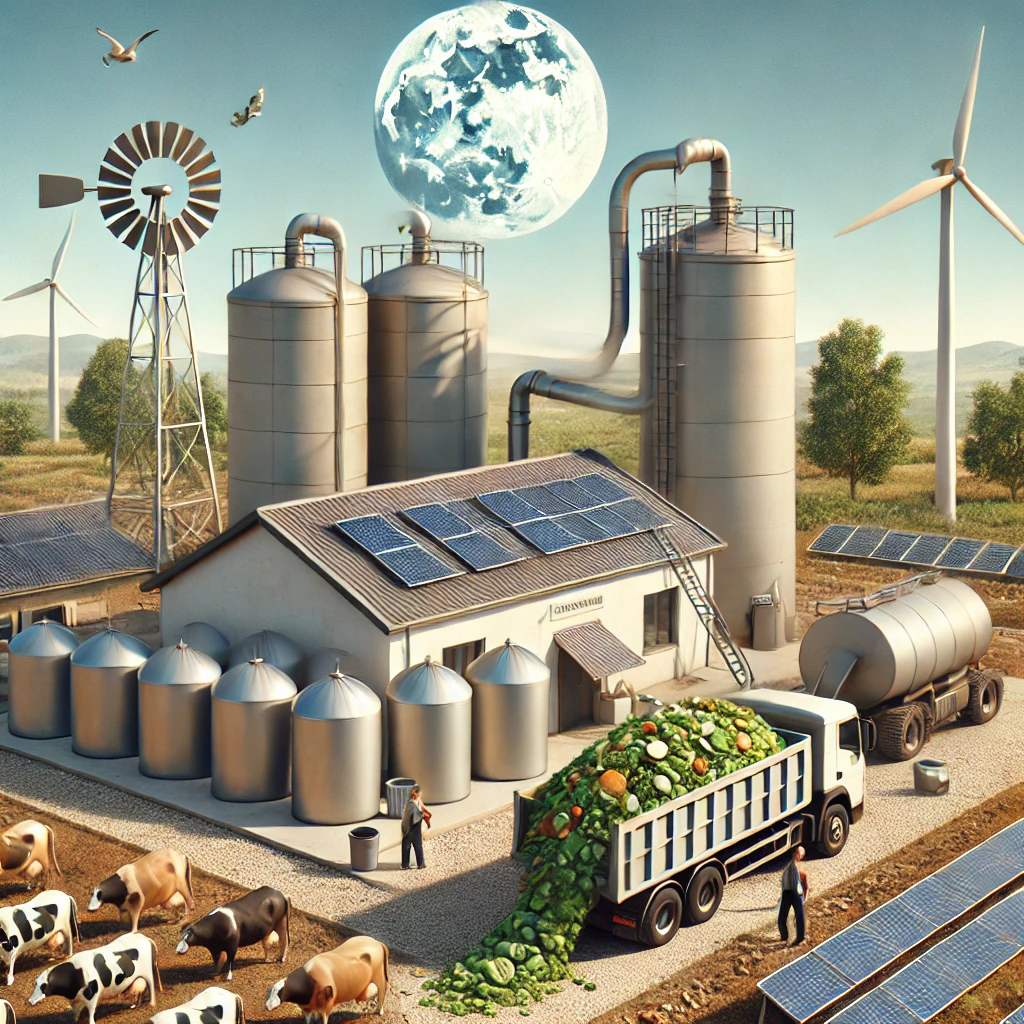With the global focus now shifting to renewable energies and sustainability, biogas is bound to become an alternative to Liquefied Petroleum Gas(LPG) in the near future. Biogas is Emerging as a Strong Competitor to LPG in cooking and heating, has a number of advantages over LPG in terms of cost, environment, and energy efficiency. This paper elaborates on the reasons biogas is emerging as a strong nemesis to LPG.

1. Renewable versus fossil fuel source
- Biogas is renewable and mostly from the decomposition of organic matter such as food waste, manure, or any other agricultural residues.
- On the other hand, LPG is derived from fossil fuels as a by-product during crude oil refining and natural gas processing, thus making it non-renewable.
- Thus, the new trend toward sustainability advocates biogas being a cleaner natural replenishment alternative to LPG.
2. Environmental Effects
- Methane is captured by biogas thereby drastically reducing greenhouse gas emissions that would have escaped into the atmosphere if not for such an implementation.
- Although LPG burns cleaner than coal or kerosene, it actually produces carbon dioxide (CO2) emissions.
- Biogas uses organic waste to democratize disposal and lessen the problem of overflowing landfills in addition to constituting a whole circular economy.
3. Cost Efficiencies
- Biogas can be produced at home, making the country less import dependent for fuels and reducing transport costs.
- The prices of LPG fluctuate in price due to volatility in world oil prices. This renders LPG less stable in terms of cost.
- Biogas facilities provide these households and communities with economic benefits for years into the future. These facilities position households or communities to generate their energy.
4. Energy Efficiency & Performance
- Biogas and LPG demonstrate equal combustion efficiency; however, biogas combustion suffers marginal decreases in burning efficiency due to increased moisture content present in biogas.
- Modern biogas systems improved results and now are comparable to LPG as cooking and heating fuel.
- While LPG is easier to store and transport, advancements in biogas storage solutions (e.g., compressed biogas) are making it more competitive.
5. Application & Versatile
- Cooking, heating, power generation, and fuel for vehicles; biogas is used in all of these applications in many areas.
- LPG is abundant and easily available; hence, it becomes one of the most commonly preferred options among households and industries in urban areas.
- Funding from governments and organizations has gone into biogas technology making it more accessible and usable.
6. Government Policies and Incentives
- This is the promise made by several countries in the form of subsidies and incentives that are given for biogas production so as to come out of the over-reliance syndrome in fossil fuels.
- Policy frameworks for waste-to-energy schemes inspire greater adoption of biogas in domestic households, farms, and industries.
- Some regions are reducing LPG subsidies in favor of cleaner alternatives such as biogas and solar energy.
Conclusion
When it comes to energy, LPG still reigns, but very soon biogas will take over. This is because biogas is sustainable, affordable, and environment friendly. As technology progresses and awareness increases, biogas will be a competitor to LPG for a renewable, cleaner energy future. The biogas transition could impact global energy sustainability and reduction on dependency of fossil fuel dramatically.

